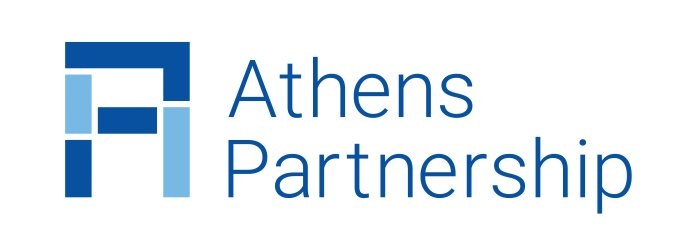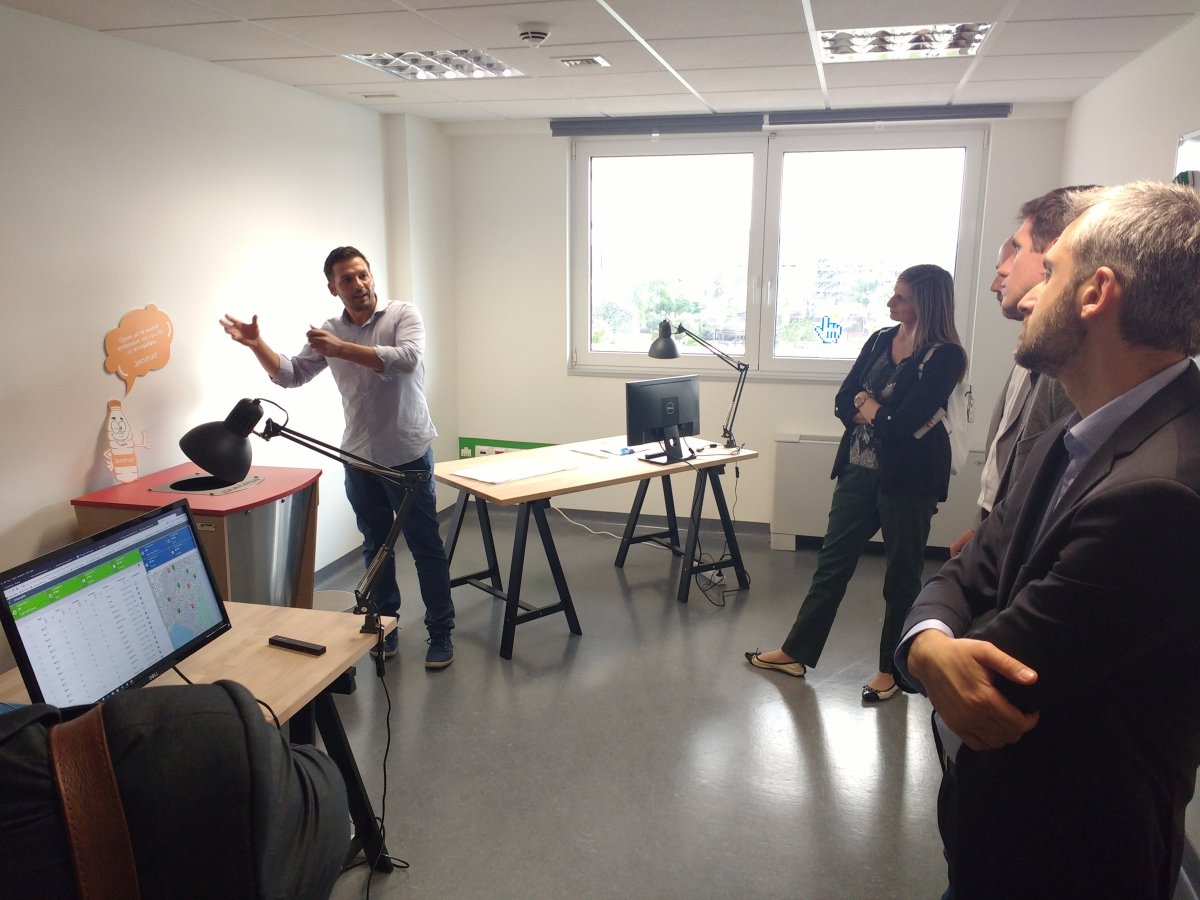We have all seen the heart-wrenching pictures: families struggling to safely reach the shore; small children left alone in a foreign country. And according to survey results, more than half the Greek population provided assistance to refugees in some way.
A few years after the refugee crisis’ peak—the question today is what do newcomers to Greece need from the state, NGOs, and ordinary citizens?
© Hara Tasoglou
Chloe Tsernovitch, a Greek-American who came to Greece to help at the height of the refugee emergency, worked on the front line in Lesvos for a year and half, where she offered psychological support. Now she works in Hestia Hellas supporting the smooth integration of refugees and immigrants into Greek society. In reflecting on both roles, Chloe remarks, "Support today, long after the arrival of refugees, is equally important. We often see severe anxiety disorders manifesting themselves long after refugees have settled in a new country." Chloe also mentions the daily risks to child refugees in Greece, living as unaccompanied minors.
Who has the plan?
In reality, no central government plan has yet to address even the basic needs of refugees and to promote their smooth integration into Greek society. Municipalities and organizations, both international and Greek, have been called upon to fill this gap—in part because refugees in the Mediterranean are so diverse, meaning each require unique interventions:
"The ‘refugee crisis’ in the Mediterranean has some specificities which make it different, namely the large diversity of persons arriving at the Greek coasts, mainly in terms of nationality, language, and legal status”, according to the Red Cross, which has been active in Greece since the beginning of the refugee crisis. Great progress has been made against major difficulties, but "further steps need to be taken to overcome linguistic and cultural barriers and ensure people have access to public health services."
Chloe Tsernovitch, Psychosocial Support (PSS) Officer at Hestia Hellas
© Marina Tomara
The flow of information
One major key to overcoming obstacles in refugee services is to have access to accurate and up-to-date information, as the situation changes rapidly as new population groups arrive.
In response to this need came the Athens Coordination Center for Migrant and Refugee issues of the Municipality of Athens (ACCMR), which brings together 85 international and Greek refugee and immigrant-focused organizations, together with relevant authorities of the Municipality. With the founding support of the Stavros Niarchos Foundation, the Center operates under the coordination of the Athens Partnership, an independent organization set up in 2015 to build public-private partnerships in Greece.
Sotiria Kyriakopoulou, Refugee and Migration Program Manager at ActionAid Hellas
© Marina Tomara
New coordination tools
Marina Tomara, Coordinator of the ACCMR’s digital platform, explains how the platform can make a decisive contribution to better co-ordination of efforts: "Through accmr.gr, any organization can register, upload their services, and access information about the services of other organizations, as well as connect with potential donors and supporters.”
Sotiria Kyriakopoulou, Refugee and Migration Program Manager at ActionAid Hellas, believes these new tools are very useful: "The Coordination Center has created a stable, open channel of communication between organizations and municipal services. The Municipality informs us of the services available and organizations respectively transfer the information to refugees and migrants, to help them access services. We in turn transfer our detailed information on refugee needs to the Municipality, so that it can shape its services accordingly." This effective coordination is all the more important given that resources for refugee and migrant support are becoming more scarce, as many international agencies are withdrawing from Greece to address emergencies in other parts of the globe.
What do refugees ask of us?
It is important to remember that despite the scale of the problem, the massive efforts that took place at the peak of the refugee crisis provided a unique lifeline for many people. However, while many newcomers are past immediate danger, they still need support.
Chloe, speaking from personal experience, tells us: "In the face of such great suffering, we often feel that whatever we do will never be enough. However, it is important to remember the difference we have been able to make... Today I see people who continue in their struggle to help refugees, not losing their courage, and that makes me optimistic about the future!"
© Red Cross
Together with Marina Tomara, Coordinator of the ACCMR’s digital platform, we spoke with Sotiria Kyriakopoulou, Refugee and Migration Program Manager at ActionAid Hellas and ACCMR Health Committee Coordinator, the Red Cross, who also holds a coordinating role on the same committee, and Chloe Tsernovitch, Psychosocial Support (PSS) Officer / Counselor at Hestia Hellas. All three organizations are members of the Athens Coordination Center for Migrant and Refugee issues (ACCMR) which brings together international and Greek bodies supporting refugees and immigrants as well as the relevant authorities of the Municipality. ACCMR was created in June 2017, starting with 35 members, reaching 85 members today. The Center has five different working committees covering health, education, access to the labor market, housing and access to rights - legal support. Operating with Stavros Niarchos Foundation as its founding donor, the Center is coordinated by the Athens Partnership.

















